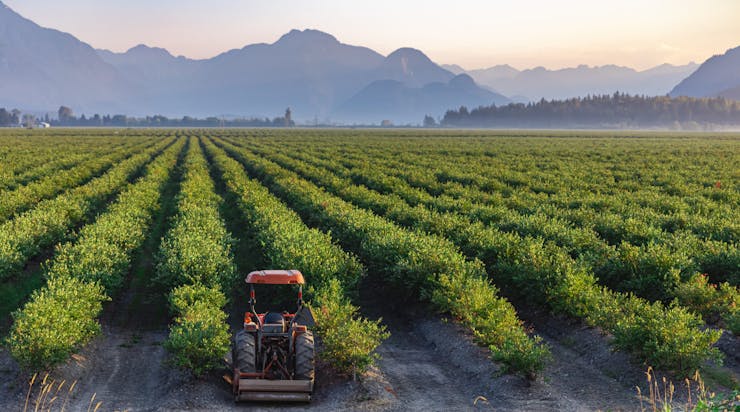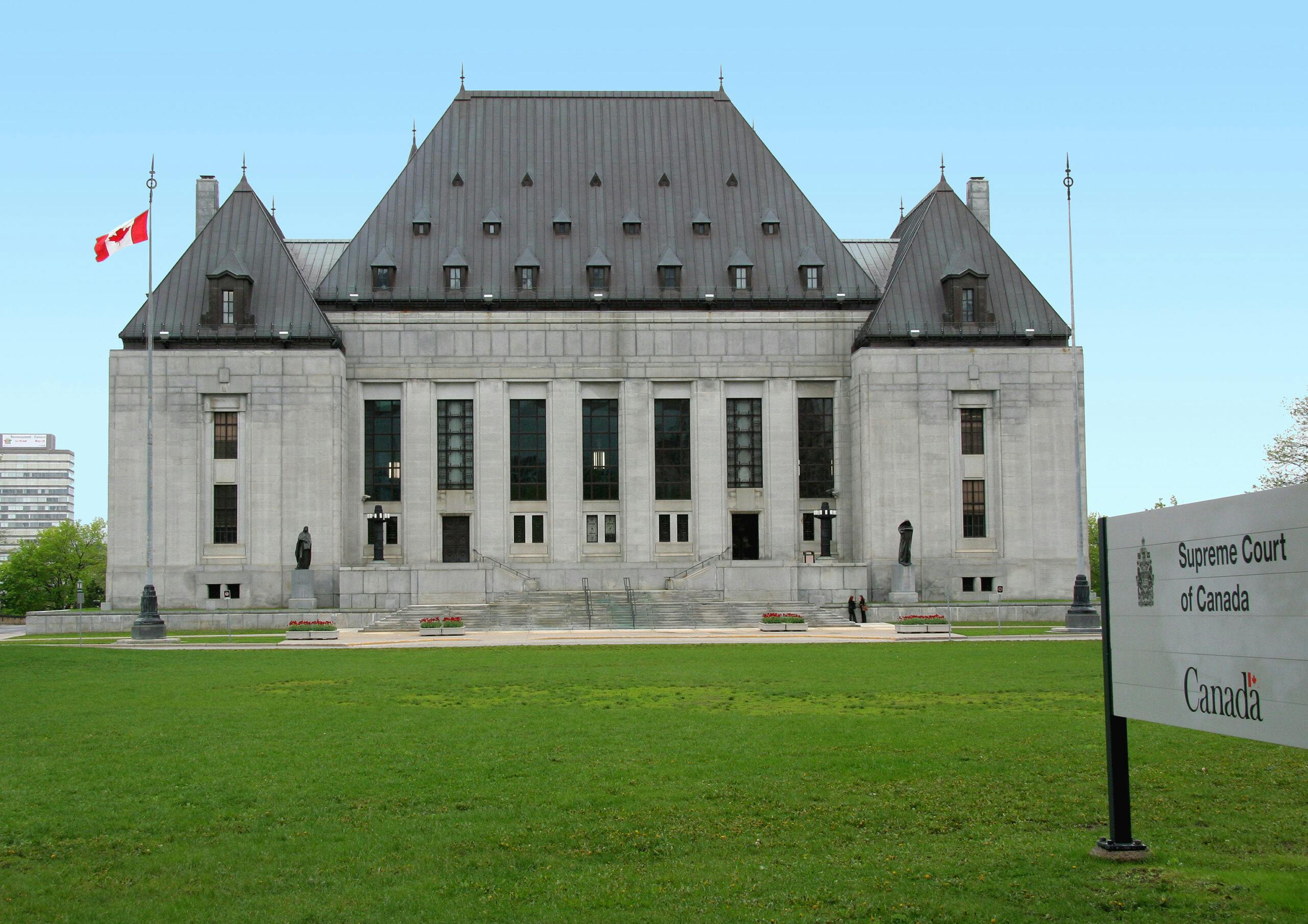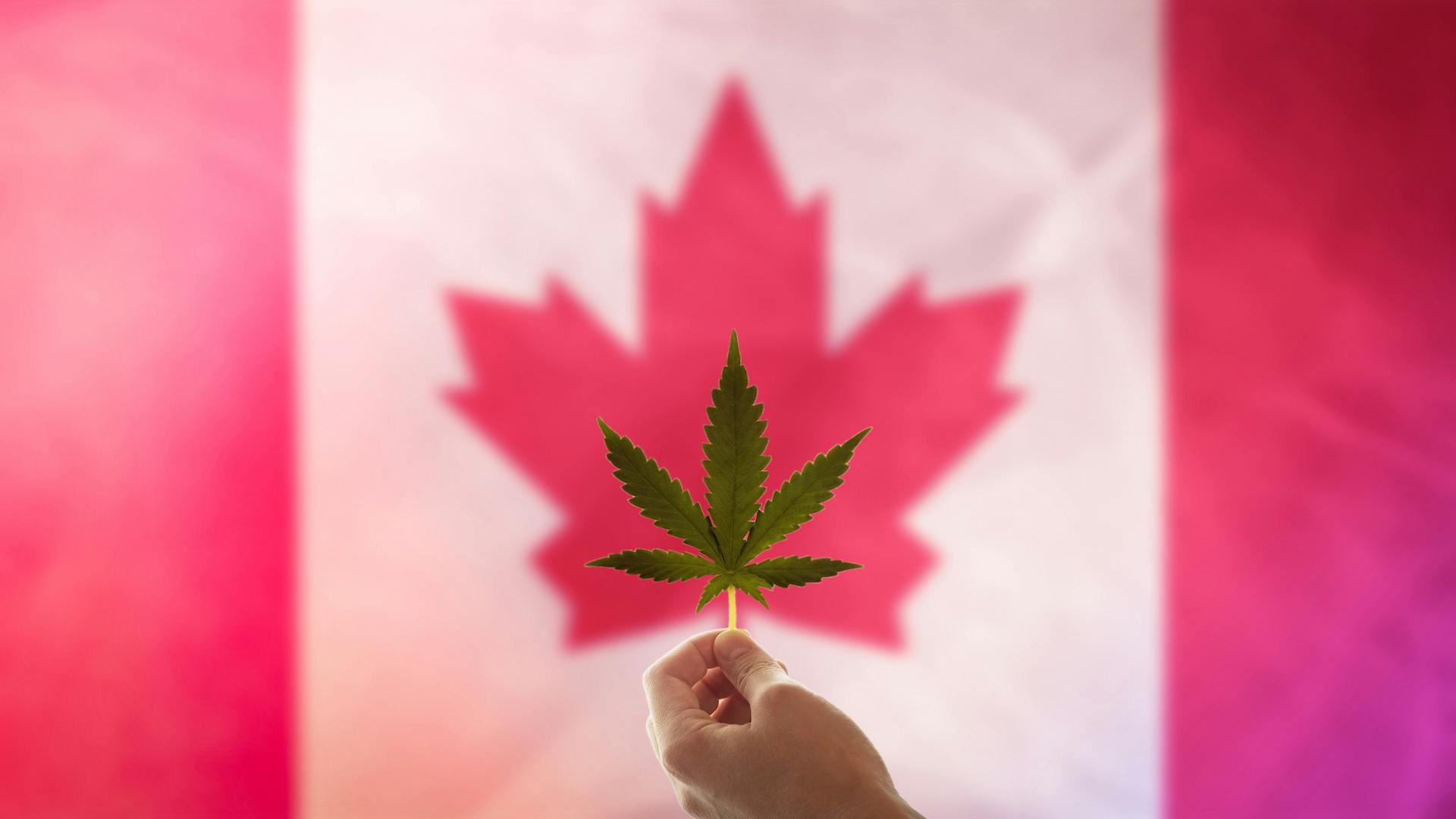British Columbia recently announced it’s joining other provinces in allowing cannabis producers to sell products on-site, while also potentially opening the door to product sampling and on-site consumption starting at the end of November.
Under the new regulation, cultivators who are interested can apply for Producer Retail Store (PRS) licences that let them sell their own cannabis at their production sites.
Dubbed a farmgate program, these licenses aim to “support the development of a robust, diverse and sustainable legal cannabis economy that is inclusive of Indigenous and rural communities,” states a release from B.C.’s Public Safety and Solicitor General.
British Columbia will allow direct farm-to-consumer sales
“The fourth anniversary of the legalization of cannabis in B.C. is around the corner, and we continue to look for ways to support the growth of the legal market while providing safe and accessible options for British Columbians,” the release quotes Mike Farnworth, Minister of Public Safety and Solicitor General. “The PRS licence is another way we are working to support the success of B.C.-based producers.”
The application fee for these licenses costs $7,500, and the first-year licensing fee and annual renewal fee are both $1,500.
These licensees will be eligible to register for the BC Liquor Distribution Branch’s (LDB) PRS direct-delivery program under the PRS direct-delivery category, which is limited to the sale of cannabis produced by the cultivator to the PRS.
This differs from the larger direct delivery program, which features size-specific eligibility requirements and enables the sale of cannabis to any licensed and authorized cannabis retail stores in B.C.
The announcement also notes how the LDB will be consulting with stakeholders to discuss the opportunity to hold events on the site of the production facility, as well as the potential to allow for on-site consumption and production sampling.
Cultivators look forward to better relationships and brand recognition
For standard cultivators such as Glen Valley Cannabis in Langley, B.C., this announcement is welcome news. “We’ve been looking forward to farmgate programs for a while,” says Glen Valley CEO Paul DeThomas. “Having a store will let us showcase our products in a way that is more personable, more face-to-face, than what we currently are doing now.”
He adds how the marketing restrictions for Canadian cannabis producers are so restricted, that the more well-known brands with deeper pockets can attract customer attention while the smaller cultivators have to struggle for brand recognition.
Shop highly rated dispensaries near you
Showing you dispensaries nearWhile Glen Valley focuses on B2B relationships—its massive grow room supplies other brands with cannabis—the farmgate program is so enticing to DeThomas, he may consider allowing any consumer to visit the site and purchase products.
“We just have to make sure the regulations would allow for that kind of policy,” he says.
Farmgate programs are popular in other provinces, such as Ontario and New Brunswick. In Alberta, the Alberta Gaming Liquor and Cannabis Commission licenses cannabis retail stores to sell pot at licensed cannabis production facilities, but only as separate entities and with direct consumer sales overseen by the AGLC.
Saskatchewan adopted a farmgate program back in June but there are reportedly no cannabis retail stores open at cultivation sites.








